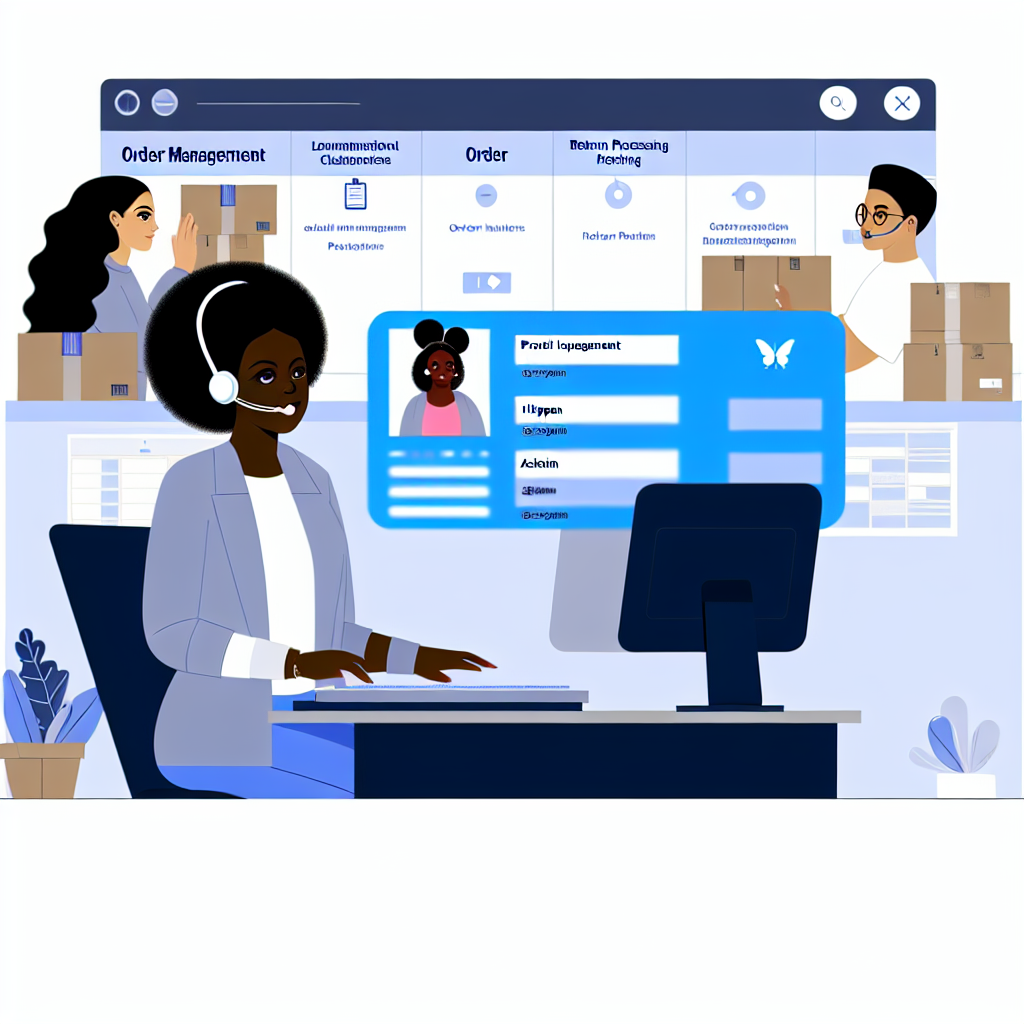Introduction
In the ever-evolving landscape of e-commerce, businesses are continually seeking innovative methods to enhance customer experience and streamline operations. One such method gaining traction is appointment scheduling. This feature not only allows businesses to manage customer interactions efficiently but also caters to specific needs like order management, product inquiries, and return processing. In this article, we will explore the best usage cases for appointment scheduling in e-commerce and how it can significantly benefit both businesses and consumers.
Order Management
One of the primary usage cases for appointment scheduling in e-commerce lies in order management. As customers increasingly demand personalized shopping experiences, businesses can utilize appointment scheduling to facilitate one-on-one consultations. This approach allows customers to discuss their orders, clarify specifications, and receive guidance on product choices. By pre-arranging these appointments, businesses can ensure that they allocate adequate resources and staff, leading to improved order accuracy and customer satisfaction.
Product Inquiries
Another significant application is handling product inquiries. With a vast array of products available online, customers often require assistance to make informed purchasing decisions. Appointment scheduling can streamline this process by enabling customers to book a specific time to connect with sales representatives or product experts. This not only reduces wait times for customers but also allows retailers to prepare for inquiries in advance, ensuring a more engaging and informative interaction.
Return Processing
Return processing is yet another critical area where appointment scheduling can prove invaluable. Unlike traditional e-commerce models that often leave customers in the dark about return procedures, scheduling appointments can provide a structured approach. Customers can book time slots for returning items, thereby minimizing confusion and wait times. This efficiency not only enhances the customer experience but also improves the retailer’s operational capacity by managing return flows more effectively.
Conclusion
In summary, appointment scheduling presents an effective solution for various facets of e-commerce, including order management, product inquiries, and return processing. By integrating this feature, businesses can create a more organized and personalized shopping experience, ultimately leading to increased customer satisfaction and loyalty. As e-commerce continues to grow, embracing appointment scheduling may well be a pivotal strategy for success in meeting and exceeding customer expectations.

